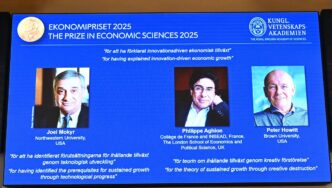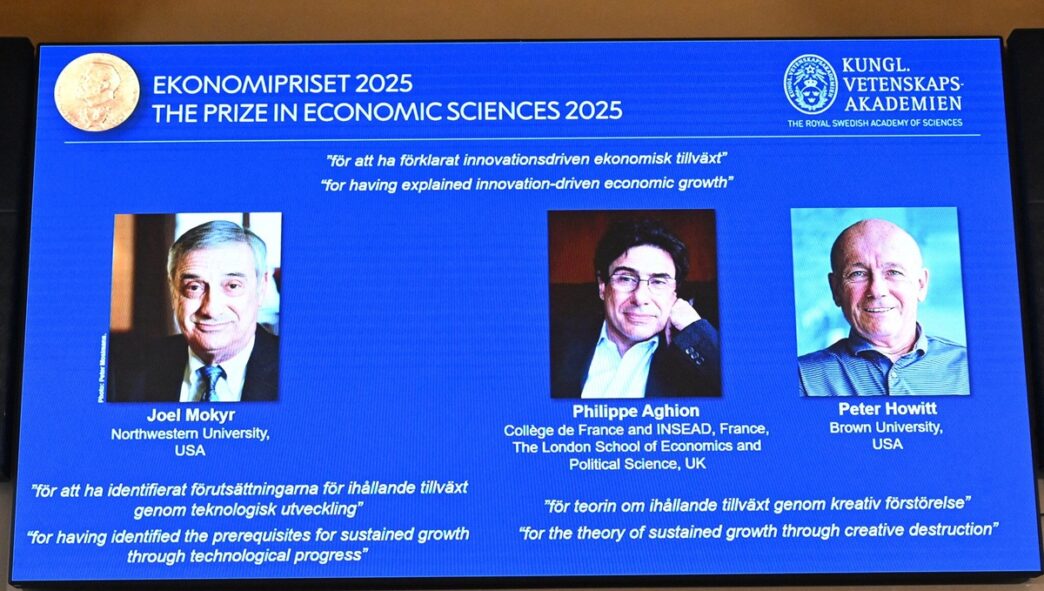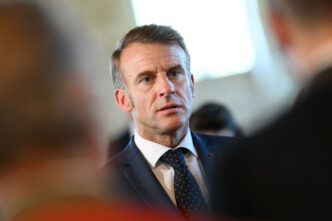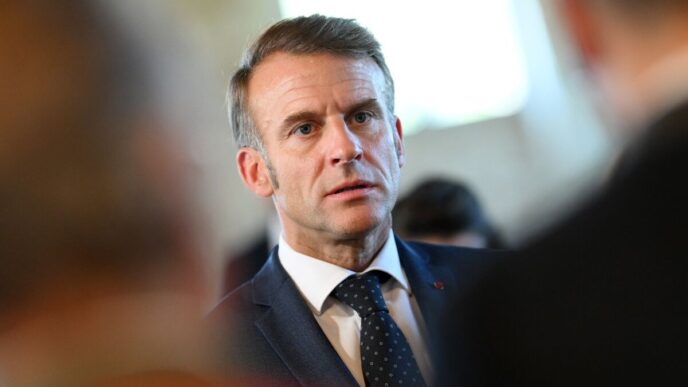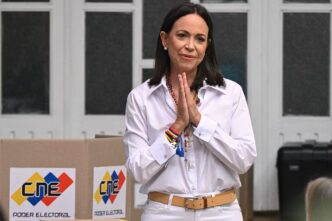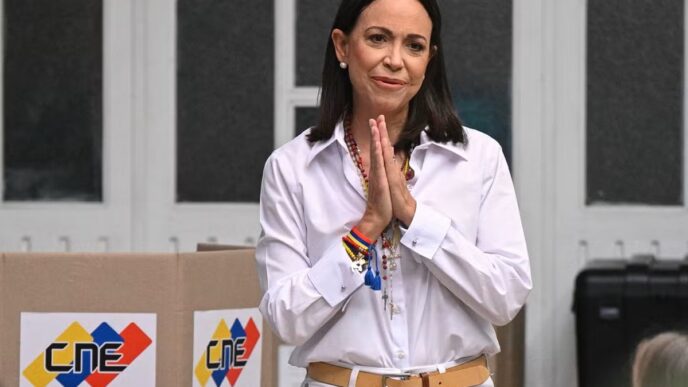The Nobel Prize in economics was presented on Monday to Joel Mokyr from the United States and Israel, Philippe Aghion from France, and Peter Howitt from Canada for their contributions regarding the influence of technology on long-term economic growth.
Mokyr, aged 79, received half of the award “for recognizing the essential elements necessary for enduring growth through technological advancements,” according to the Royal Swedish Academy of Sciences.
Aghion, 69, and Howitt, 79, received the remaining half “for the theory of ongoing growth through creative destruction,” the Academy said.
John Hassler, chair of the prize committee, informed journalists that their research addressed how technological innovation fosters growth and how this sustained growth can be preserved.
Mokyr, a professor at Northwestern University in the U.S., “utilised historical resources as one approach to reveal the reasons for sustained growth becoming commonplace,” the committee noted in a statement.
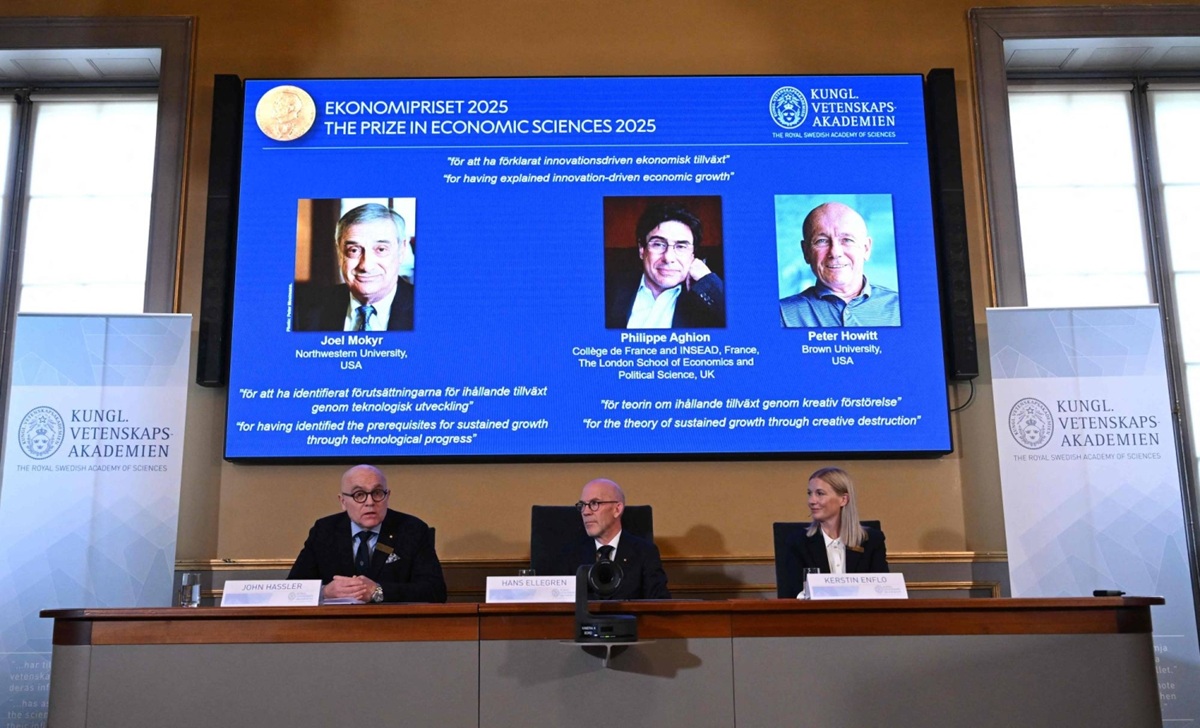
Aghion and Howitt explored the idea of “creative destruction,” which pertains to the phenomenon of “when an innovative and superior product enters the marketplace, resulting in the companies that produce older products to suffer losses.”
The economics prize is the sole Nobel that was not part of the original five established in the will of Alfred Nobel, the Swedish scientist who passed away in 1896. Instead, it was established through a contribution from the Swedish central bank in 1968, prompting some critics to label it “a false Nobel.”
However, similar to the Nobels for chemistry and physics, the Royal Swedish Academy of Sciences selects the recipient and adheres to the same selection procedure.
The economics prize concludes this year’s Nobel season, which recognised research on the human immune system, practical uses of quantum mechanics, and the creation of new types of molecular structures.
The literature award was given to Hungarian writer László Krasznahorkai, whose literary works delve into themes of postmodern dystopia and melancholy.
Maria Corina Machado, a leader of the Venezuelan opposition, was awarded the highly publicised Nobel Peace Prize. In an unexpected gesture, Machado dedicated her award to U.S. President Donald Trump, who had openly expressed his belief that he was deserving of it.
The Nobel economics prize includes a diploma, a gold medal, and a check for $1.2 million. The recipients will be honoured at formal ceremonies in Stockholm and Oslo on December 10.
This date marks the anniversary of the death of Alfred Nobel in 1896, the visionary behind the prizes established in his will.


 Trending
Trending 
